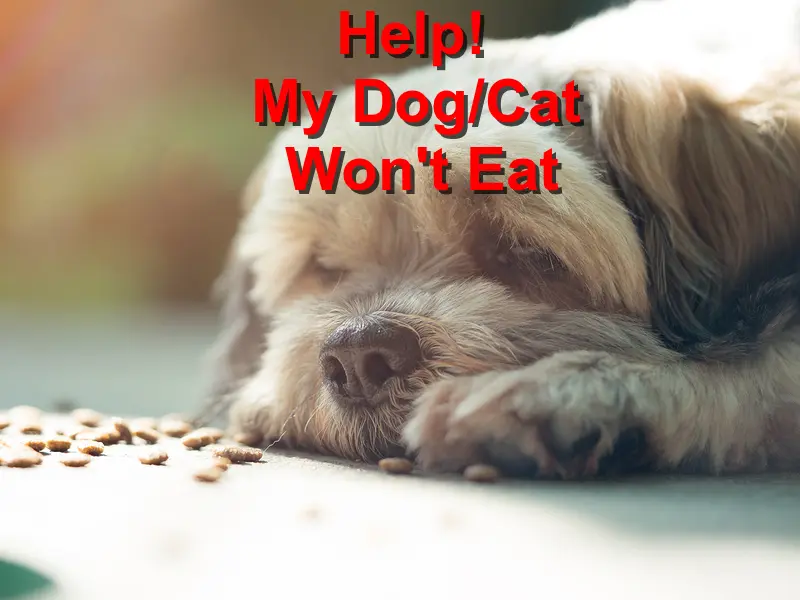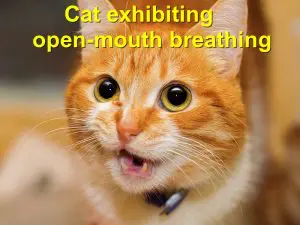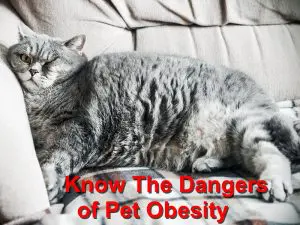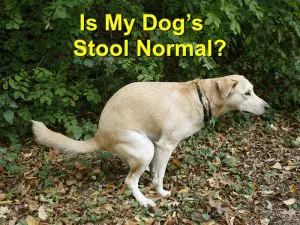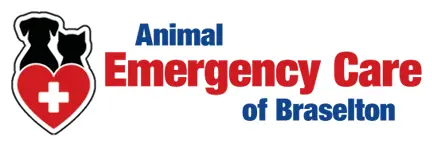Help! My Braselton Dog/Cat Won’t Eat
What does it mean when your Braselton pet won’t eat? It could be many different things. Nausea, accompanied by lack of appetite, or simply lack of appetite on its own, is one of the most common symptoms seen in dogs and cats. And it is just that….a symptom, not a disease unto itself. When your dog or cat won’t eat, it means there is something else going on to cause them to not feel like eating. It is our job as your Braselton emergency pet clinic to determine the cause and treat it.
What are Some of the Most Common Causes of a Pet Not Wanting to Eat?
Again, while a lack of appetite in your pet can have dozens of potential causes, and therefore, a thorough examination is necessary to determine what the cause is in your unique pet, here are some of the most common causes we see in our practice.
Gastritis
This is when the lining on your pet’s stomach gets irritated for some reason, and causes nausea. With nausea comes a lack of appetite. Gastritis is usually caused by eating bad or tainted food, and getting a bacterial or viral irritation of the stomach from it. It usually resolves itself in a couple of days. However, since there is a risk of dehydration with it, it is sometimes important to give your pet intravenous liquids.
Allergies
A pet who has eaten something they’re allergic to will not have much of an appetite. We will test your pet to find the allergen, if you don’t know what it is, and provide the proper treatment for it to relieve symptoms and make your pet feel like eating again.
Worms
Some worms can cause your pet to avoid food. This lack of appetite is usually accompanied by lethargy, and possibly diarrhea, as well. Your pet will need to be de-wormed, given anti-nausea medication, usually provided with intravenous or subcutaneous liquids, and then encouraged to eat small amounts until he or she is eating normally again.
Kidney Failure
A more common problem in cats than in dogs (though it can certainly affect dogs, as well), this is a serious medical problem that requires treatment right away. Treatment often involves medication, and sometimes surgery. There are different things that can cause this, and depending on what caused it in your pet, he or she may need to take medication regularly for life to keep their kidneys in good working order.
Intestinal Blockage
Constipation, eating foreign objects, and even hair balls that haven’t been coughed up can cause intestinal blockages in pets. When your pet has one, they won’t want to eat. Sometimes medication can correct this, but other times, surgery is necessary to remove the blockage and restore your pet’s appetite.
Animal Emergency Care of Braselton is Your Source For After Hours Emergency Care
These are just a few reasons why your pet may not be eating. If the lack of appetite goes on for more than a day, bring your pet in to see our emergency veterinarian in Braselton and get a diagnosis, along with the appropriate treatment to make your pet feel better. Don’t wait. Your pet needs nutrition and hydration. We’ll make sure they get it, and get well. Contact us after hours at 470-203-2011 to learn more!

